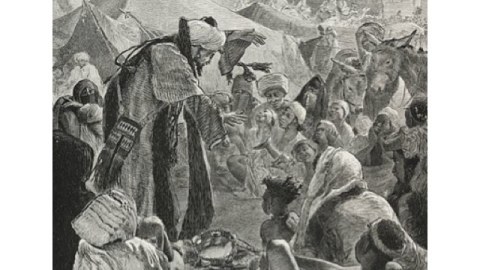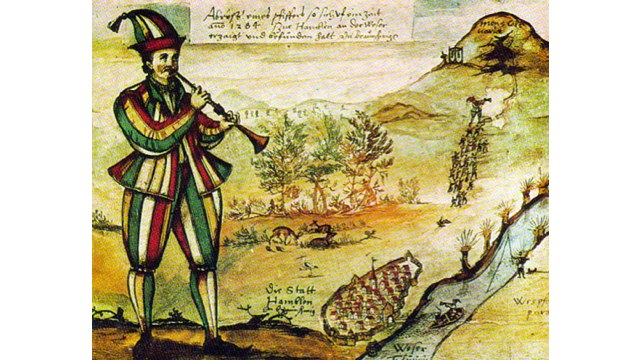How Stories Mislead Us

For the past few days I’ve been thinking out loud about the importance of narrative form to the mind—that way we have of being much more impressed by information in story form than in statistics or other raw data. Not everyone agrees with the advocates of “narrativity” that narrative is an essential defining feature of the human mind. But I think we can stipulate that story-telling dominates a lot of our conversations about what is real and what we ought to do about it. In this interesting talk a few months ago, the economist Tyler Cowen made the case that this penchant for narrative is an obstacle to thinking clearly and well about the pressing problems of the day.
Story-telling, Cowen notes, is the antithesis of scientific thinking. Stories, as all those how-to-write advice books keep telling you, are about individuals. Data denies this individuality. When an insurance company predicts that 400 people will die in traffic accidents over a holiday weekend, they’re viewing all drivers as interchangeable: The same forces act on Joe as on Jane, causing a percentage of the total to die. The differences between Joe and Jane count for nothing in this analysis, which treats them, therefore, as if they were all exactly alike. The story of Joe’s fatal accident, though, must treat him as if he is unique. It may do this very well, yielding an irresistible narrative of that makes us cringe at each sorry moment of lapsed judgment and overconfidence. Or it may do it dully, saying only that Joe drove away at 10:17 P.M. and crashed at 10:46. But it cannot escape being about Joe in particular.
By their nature, then, stories invite us to look for unique causes—aspects of Joe’s character, unfortunate timings (going for a drink right after that break-up with Jane), tiny details (like the last drink he didn’t want but his friend was buying). That’s just the detail that is left out when we consider facts without narrative.
So science is a method for finding generalizations that can be used to explain what people-in-general experience, while narrative is a means of creating unique accounts of what I experienced, in all its fine-grained difference from what you did. Scientific reasoning and story-telling pull in opposite directions. This, as Cowen notes, creates a peculiar problem for those of us who create narratives about science. We’re using stories to explain anti-story thinking.
Speaking of books about unconscious human biases, Cowen cleverly points this out: “The more of these books you read, you’re learning about some of your biases, but you’re making some of your other biases essentially worse,” because the books themselves, chock full of good stories, feed your cognitive bias for narrative.
Cowen does a good job of summing up the pitfalls of that bias. First, he notes, narratives are simple. What is ambiguous, inexplicable and accidental tends to get filtered out of them, leaving an impression that the world is more orderly and predictable than it really is. So stories incline us to blame (this didn’t just happen, it’s their fault) and to hubris (I know the real story, I don’t care what other evidence you want to present). Then, too, we don’t have a lot of different forms for our stories. Under all their variety are a few structures that occur again and again. So thinking in narrative encourages us to see disparate experiences as if they were the same (as in, “I’m turning into my mother!” or “Afghanistan is Vietnam all over again!”). And, of course, stories compel our attention and emotions, so people who tell us a powerful story can manipulate us.
His advice for protecting ourselves? Be a little ware of a good tale, and be open to the idea that sometimes things just happen, and events can emerge out of other events, without intention or meaning. In fact, his advice adds up to this: Try to be more like the philosopher Galen Strawson, whom I wrote about yesterday. “I have absolutely no sense of my life as a narrative with form, or indeed as a narrative without form. Absolutely none,” writes Strawson. Trying to be like that, Cowen says, can help defend against the pitfalls of narrative. Ask yourself, he says “do I really have to follow some kind of narrative? Can’t I just live?”





